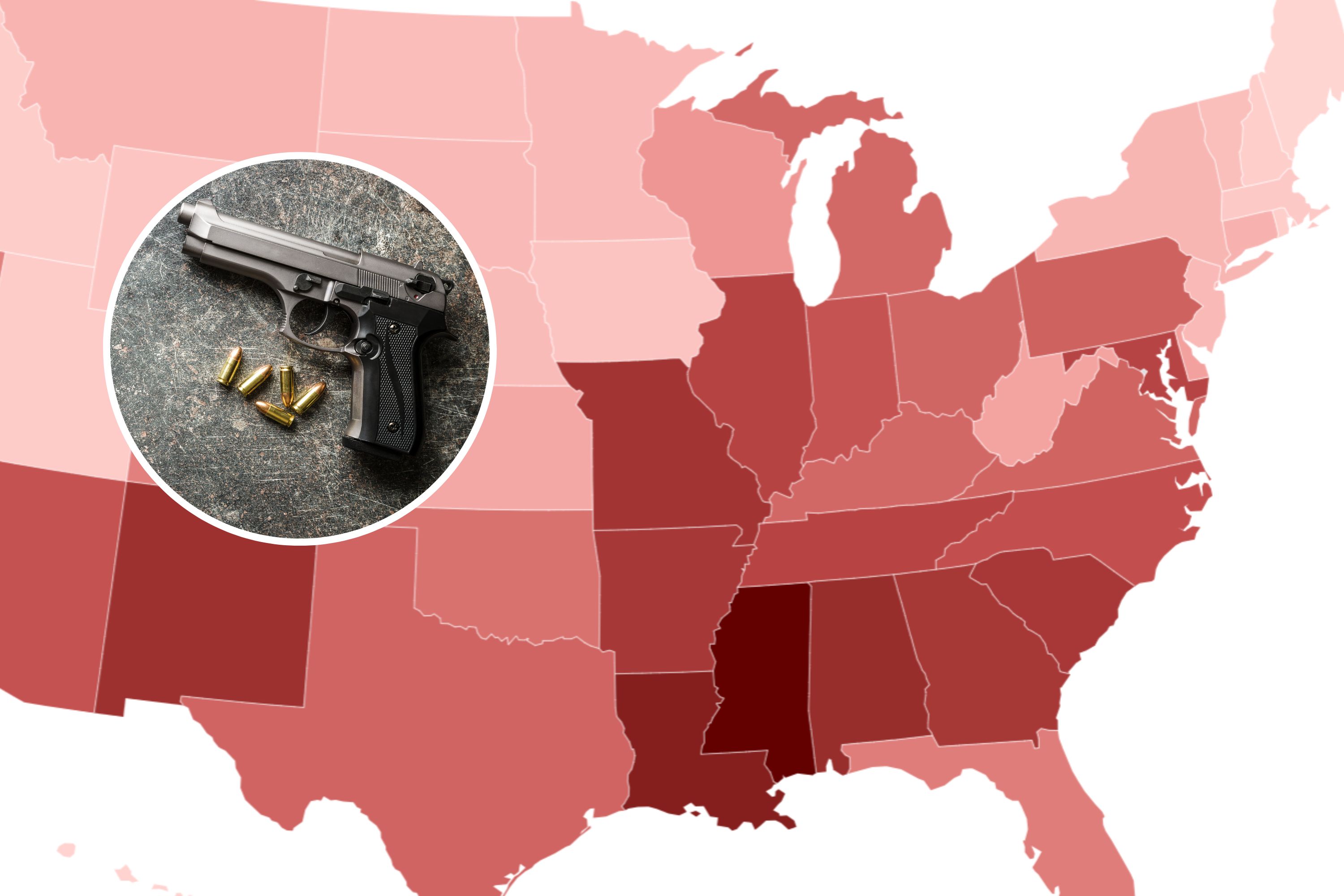More than 22 million chickens and turkeys have been culled in the U.S. since February due to an outbreak of avian influenza, according to the U.S. Department of Agriculture.
Avian influenza cases have been confirmed in at least 24 states in both backyard and commercial flocks, the USDA reported. Once an animal is detected to have bird flu, the flock is killed in order to prevent the disease from spreading. The virus currently poses a low risk to the public, according to The Centers for Disease Control and Prevention.
Since the beginning of the avian influenza outbreak in February, prices at the grocery store have risen. The cost of eggs has increased 52 percent since cases were first reported, with a dozen eggs now costing an average of $2.88. If additional birds continue to become infected, prices could rise even higher, according to ABC News.
More than 13 million birds have been affected by outbreaks in Iowa, the country's biggest egg-producing state. Two flocks, each with more than 5 million hens, have been infected, according to Reuters. An additional 88,000 turkeys at one location in the state and over 35,000 from another have been impacted within the past couple of days, according to the data.
Iowa canceled all events that live birds would be at together, including state and county fairs, for at least the next 30 days or until there is no further detection of the highly infectious virus.
In South Dakota, over 85,000 turkeys have been killed so far after an outbreak was found at two animal-feeding facilities. Since the beginning of April, more than 190,000 turkeys have been affected by outbreaks at four different facilities in the state, according to the data.
"Bird owners should review their biosecurity practices and stay vigilant to protect poultry and pet birds from this disease," the USDA previously said in a statement. The Animal and Plant Health Inspection Service is "working closely with state partners on surveillance, reporting, and control efforts," the department added.
There are two categories that bird flu can fall under. Low pathogenicity avian influenza (LPAI) is naturally occurring in migrating birds and can infect domestic poultry, but it creates little or no signs of illness. Highly pathogenic avian influenza (HPAI), which is responsible for the current outbreak, is extremely infectious and can rapidly spread from flock-to-flock, according to the USDA.
Chicken and turkeys infected with bird flu can show symptoms such as sneezing, coughing, difficulty breathing, discharge from the eyes or beak, deformed eggs and decreased egg production. The virus is also fatal and can cause birds to suddenly die, according to the Iowa Department of Agriculture and Land Stewardship.
As the virus continues to spread, the USDA offered tips for protecting backyard flocks, including limiting visitors on the property, washing hands more frequently, disinfecting tools and using cardboard egg trays instead of reusable ones.
Update 4/04/22, 5:52 p.m. ET: This article was updated with additional information.

Uncommon Knowledge
Newsweek is committed to challenging conventional wisdom and finding connections in the search for common ground.
Newsweek is committed to challenging conventional wisdom and finding connections in the search for common ground.





